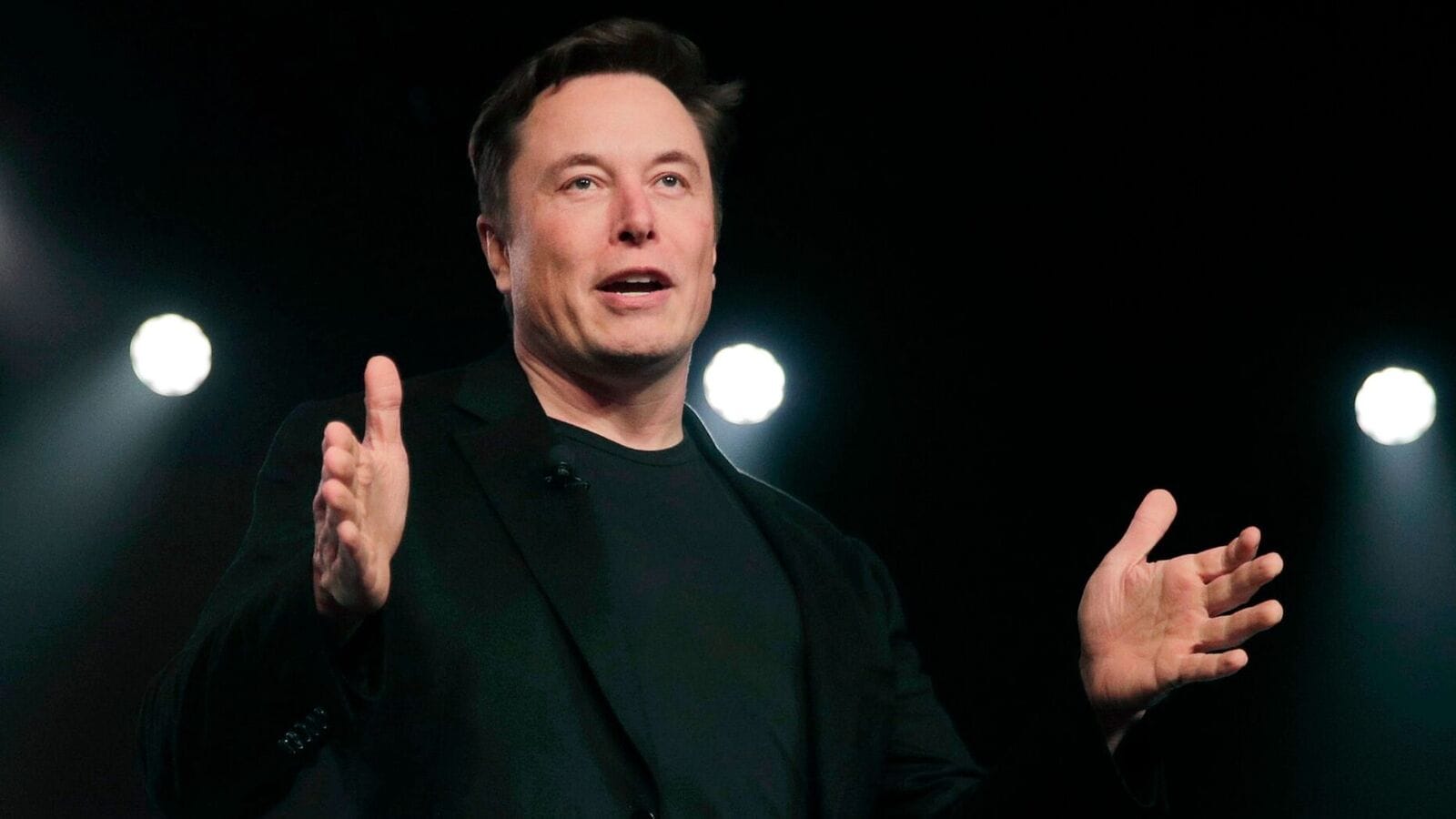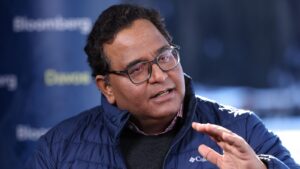Grok’s Perspective: India Should Separate Trade Issues from Free Speech

India and U.S. Relations: Trade, Free Speech, and Elon Musk’s Influence
India has been navigating its relationship with the United States under the Trump administration with a focus on diplomacy and tact. The country has positively engaged with various U.S. firms, including electric vehicle company Tesla and the satellite services segment of SpaceX, which is owned by the influential billionaire Elon Musk. Musk is often seen as a key ally of former President Donald Trump, who has been known for implementing significant changes in government efficiency.
Distinct Responses to U.S. Trade Policies
In contrast to India’s diplomatic approach, other nations have faced threats of punitive tariffs from the U.S. Amidst this tense climate, Musk’s other venture, X—formerly known as Twitter—has taken a more confrontational stance. Recently, X initiated a lawsuit against the Indian government, asserting accusations of censorship concerning free speech. This legal action comes at a time when social media has been under scrutiny for the misinformation and contentious content generated by AI-based platforms, such as the chatbot Grok developed by Musk’s company xAI.
Navigating U.S. Tariff Challenges
When discussing trade policies, two main themes emerge: effective negotiation strategies with the U.S. administration and differing interpretations of free speech. It is in India’s best interest to maintain a diplomatic tone and work towards securing favorable terms regarding U.S. tariffs.
The impact of potential tariffs will vary from one product to another. If tariffs apply individually, the consequences for India’s exports to the U.S. may be minimal, particularly since the two economies do not compete heavily in many sectors. For instance, if India maintains high import duties on automobiles that it exports little of—and these are reciprocated by the U.S.—the effects will be negligible. On the other hand, if tariff measures target broader categories such as automotive parts, India’s exports could suffer unless import duties are reduced accordingly.
Considerations Regarding GST and Trade Dynamics
The U.S. government may consider India’s Goods and Services Tax (GST) on imports as an additional tariff, which presents a flawed perspective. Domestic Indian producers incur GST, and to establish a level playing field, imported goods must be subject to the same tax rates. This nuanced complexity should be communicated clearly to U.S. negotiators during discussions, fostering an atmosphere of collaboration rather than hostility.
Disentangling Trade and Free Speech Issues
While the U.S. administration has used tariffs as negotiating tools across various issues, India must be cautious not to conflate separate matters. For Trump and Musk, both vocal advocates for free speech, the ongoing discussions center around freedom of expression without restrictions. In India, this is primarily a constitutional issue governed by Article 19 of the Indian Constitution.
Legal Framework Surrounding Free Speech in India
India’s approach to free speech includes limitations stipulated in its First Amendment. Notably, these restrictions do not interfere with American free speech norms. The Indian government often leans toward imposing controls under conditions that prioritize “sovereignty and integrity,” “security of the state,” and “public order,” among others. This regulatory framework has been challenged in court, particularly a provision in the Information Technology Act that allows the government to remove online content at its discretion.
Musk’s strong advocacy for unrestricted free speech is pertinent, especially given his recent actions with X. However, it is essential for India to recognize that free speech concerns should not become a bargaining chip in trade negotiations. The legal interpretations of what Grok can articulate—or the extent to which the Indian judiciary can influence social media dialogue—should remain distinct from trade discussions. It is ultimately up to the judiciary to determine the implications surrounding free speech, not a matter for trade agreements.






